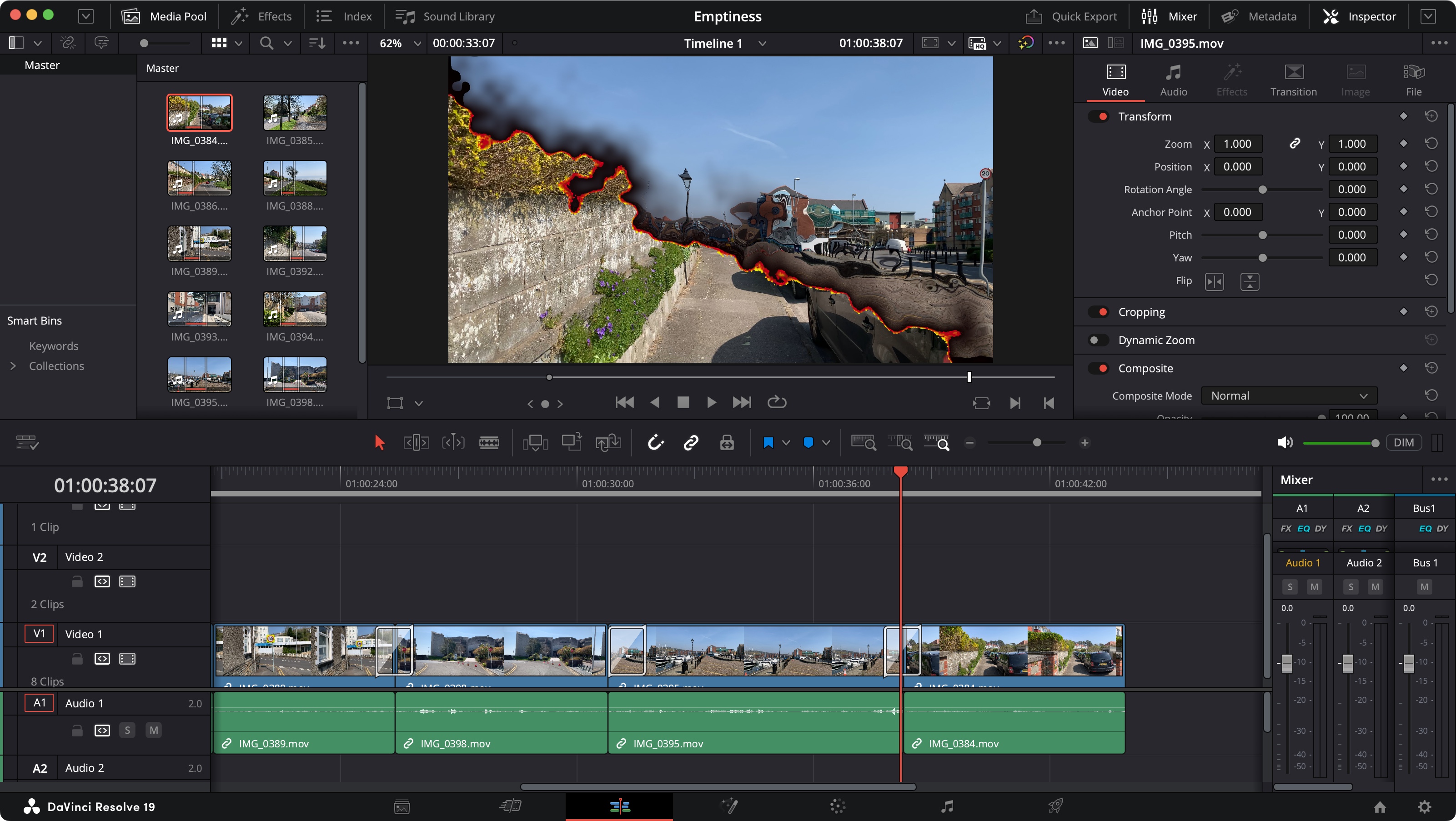10 pro tips for better T-shirt designs
Expert advice to get you started in T-shirt design or improve your skills.
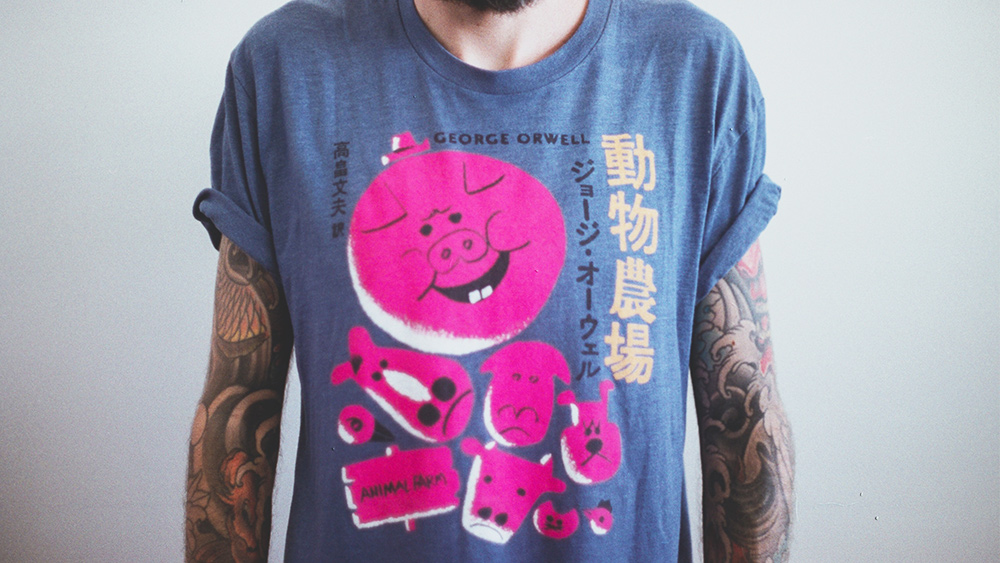
T-shirt design is a hugely popular outlet for creatives. Whether you're an illustrator, graphic designer or typographer, putting your designs onto T-shirts can be fun, and a great way to sell your designs online).
However, the process can be daunting if you're new to it. Here, we'll walk you through our top tips for successful custom T-shirt design, from what to consider with the design itself to the practicalities of printing your designs onto T-shirts.
If you need some drawing tips to help you make your design, make sure you see our how to Draw article.)
10 pro tips for better T-shirt designs
01. Take some time to explore your concept
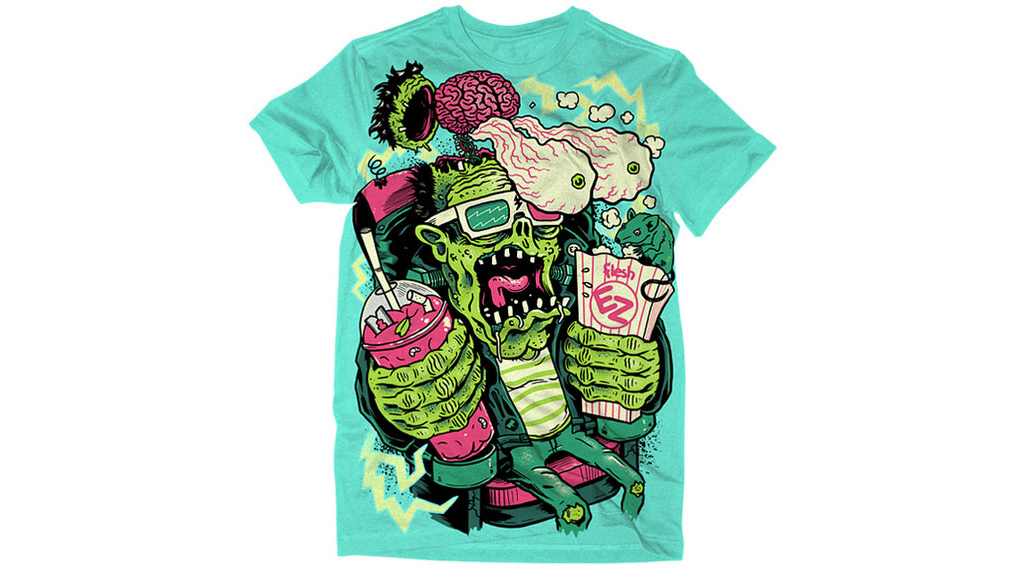
Don't rush the design process. Sketch your T-shirt design out, go for a walk, create a few variations, have something to eat, do a full brainstorming process and sleep on it. And then do it all over again. If the design comes to you straight away, great, but take the time to explore other creative options just in case.
02. Imagine your design on a T-shirt
Anyone who's worked in both print and web knows that there's a vast difference between how a design looks on screen and the printed piece. Don't be afraid to mock up your T-shirt design on a photo of a model. Print it out if necessary and place it on an actual tee. Make sure you view your artwork at the actual size before you take it further.
03. Detail is king, but keep things simple
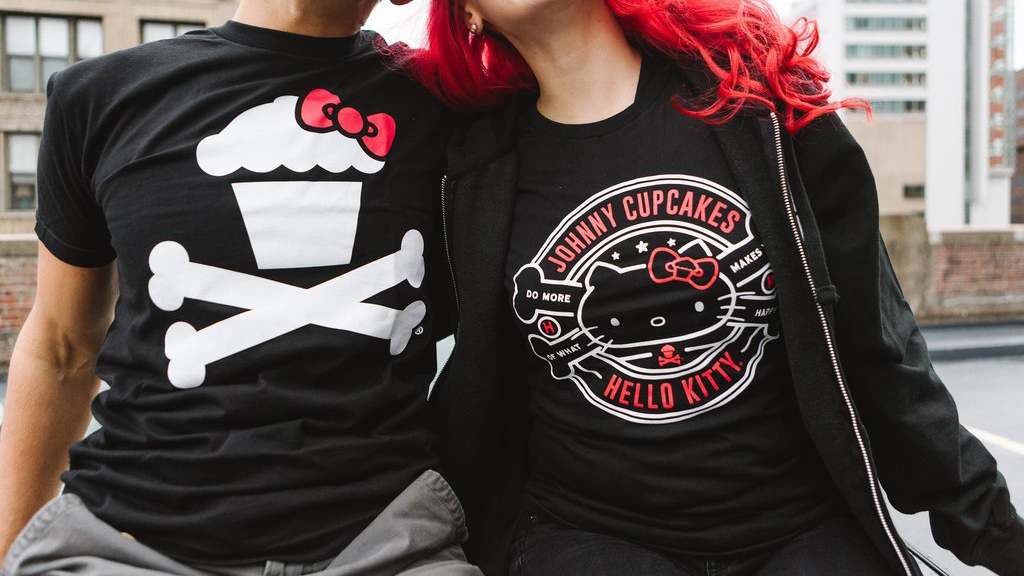
Everyone appreciates great drawing ability and attention to detail. There's nothing better than seeing a really well-executed masterpiece on a tee that you can study for hours.
But, equally, some of the most classic T-shirt designs are the simplest – and get the message across through their sheer simplicity. Anywhere in the middle and you may struggle to deliver a successful design.
04. Consider your market
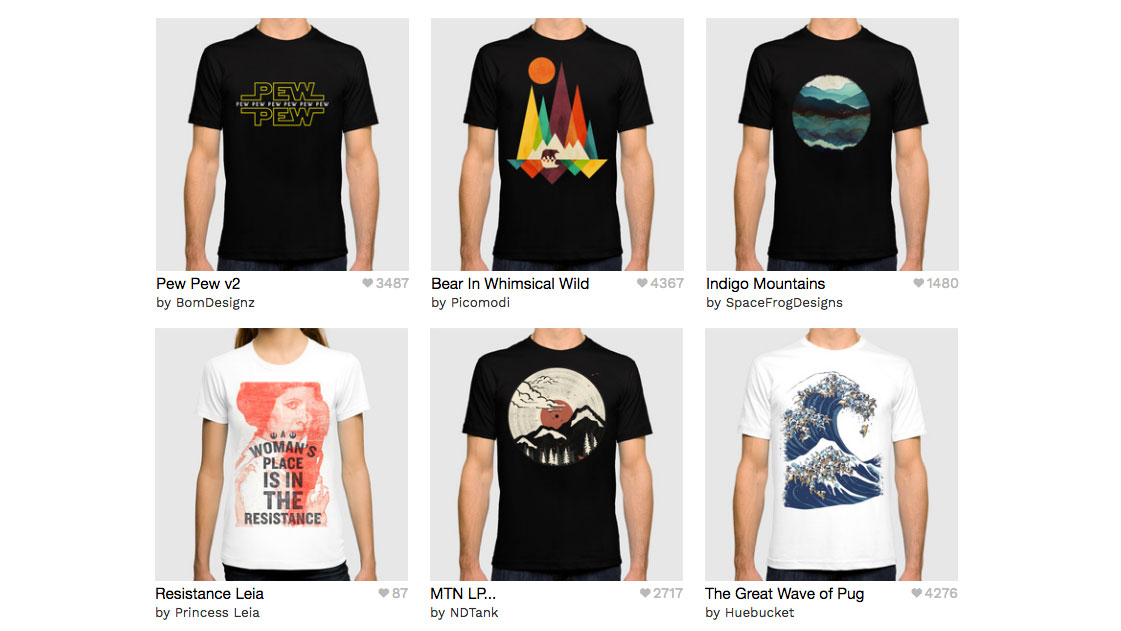
This is an important one. Think about who your T-shirt is for. Are you designing for men or women; young or old? At the end of the day, you're designing a product that you want people to wear.
Like a good brand designer would do, try to put down a written description of the exact person you want to attract to your T-shirt design – who they are, what they like, what other brands they like and go from there.
05. Be careful with humour
A post shared by Brad McGinty (@bradmcginty)
A photo posted by on
If you're going for a humorous T-shirt design, you want to make sure it doesn't come across as a cheap, low-cost joke shirt. The most successful T-shirts to use humour do so in a subtle, clever way – even in the case of the loudest and most in-your-face designs.
A lot of humorous tees grow tired quickly, but done correctly and with an original idea, humour can turn heads and raise a smile. Brad McGinty tends to strike a good balance in his designs.
06. Choose the right colours

Use the T-shirt colour effectively and try choosing complementary colours. If you're using Adobe Illustrator, turn on Global Colours. This can be an absolute lifesaver and will save you so much time. (You can get Adobe Creative Cloud here.)
You can also use Halftones to make the most of the restricted colours you're allowed to use.
07. Prepare your artwork properly
Use Pantone Colours for screen-printing – your printer will love you for it. They'll also love you if you outline any text and expand any strokes you may have. There are plenty of good tutorials out there, both for Adobe Illustrator and Photoshop to take the time to get familiar with the process and you're print will be happy working with you.
08. Source a good printer

You can have your design finished and properly artworked, but your tee will only ever be as good as your printer. Try a reputable company like White Duck in the UK or Hey Monkey in the US. You could also give your local screenprinter a call. But it's important to take time to learn about the type of tee you want to print on.
The weight, sizes, labelling options, cost and so on all affect the end product that you'll produce. This takes a while to learn about, and it will require speaking to various companies, but one stick with one rule: deal with a company that wants to treat your tee as an end retail product and will handle your work with care. Screenprinting is an art.
09. Get educated

To have a good understanding of anything, you need to study it and understand its context. Tees have emerged from every subculture phenomenon that has ever existed, whether it's music, skateboarding, street art, sport or general pop culture.
Do some reading, find out about T-shirt history and learn to appreciate it. Even designs that you don't like yourself can provide inspiration and insight into what people like to wear. One good book for reference is Vintage T-shirts by Lisa Kidner.
10. Stay ahead of the game
It's fine to take inspiration from the latest trends, but to keep one step ahead you want to avoid copying them. Chances are that by the time any given T-shirt's been produced, its designers are already moving onto something else. Keep abreast of what's happening in fashion and elsewhere in pop culture, but try to forge your own path.
This article was first posted on Creative Bloq in 09/2012.
Related articles:
- Amazing Adobe Illustrator tutorials
- Get started with screen printing
- Best computer for graphic design: Get a desktop powerful enough to keep up

Thank you for reading 5 articles this month* Join now for unlimited access
Enjoy your first month for just £1 / $1 / €1
*Read 5 free articles per month without a subscription

Join now for unlimited access
Try first month for just £1 / $1 / €1
Get the Creative Bloq Newsletter
Daily design news, reviews, how-tos and more, as picked by the editors.
